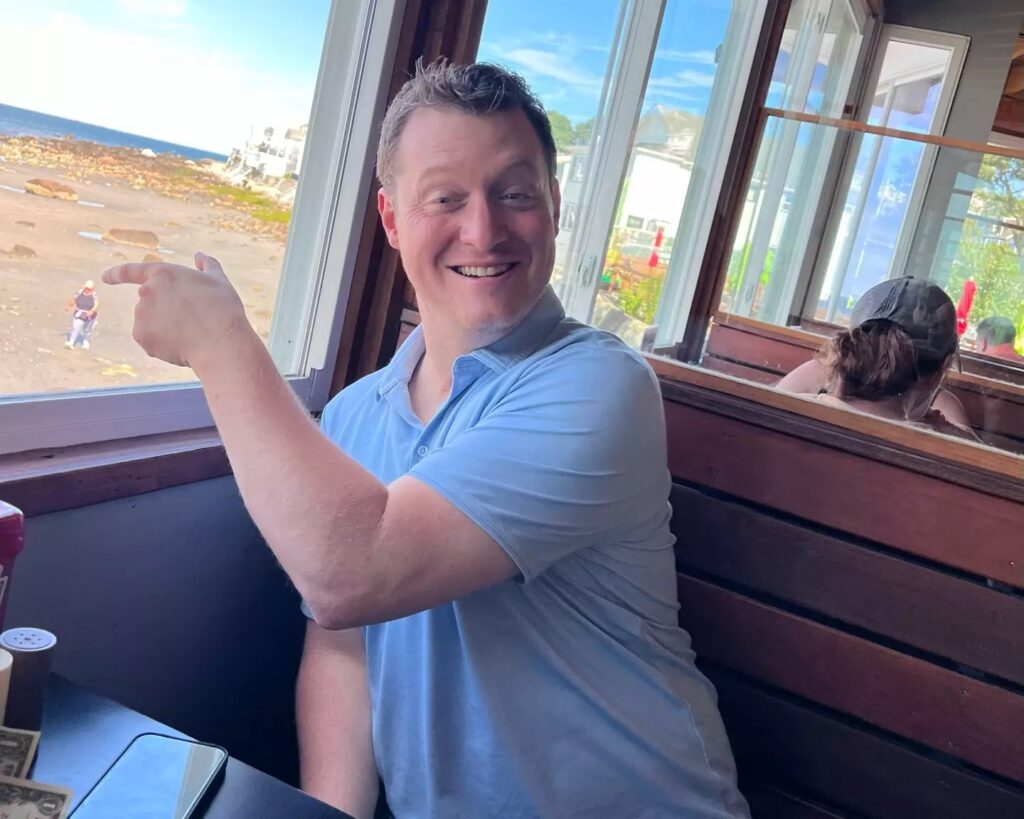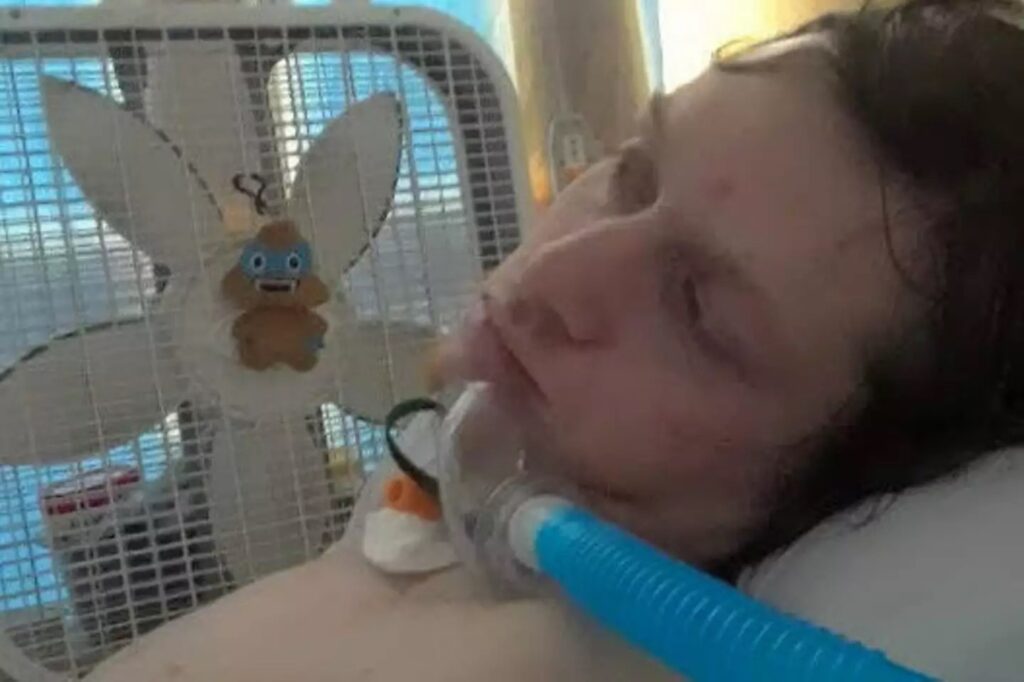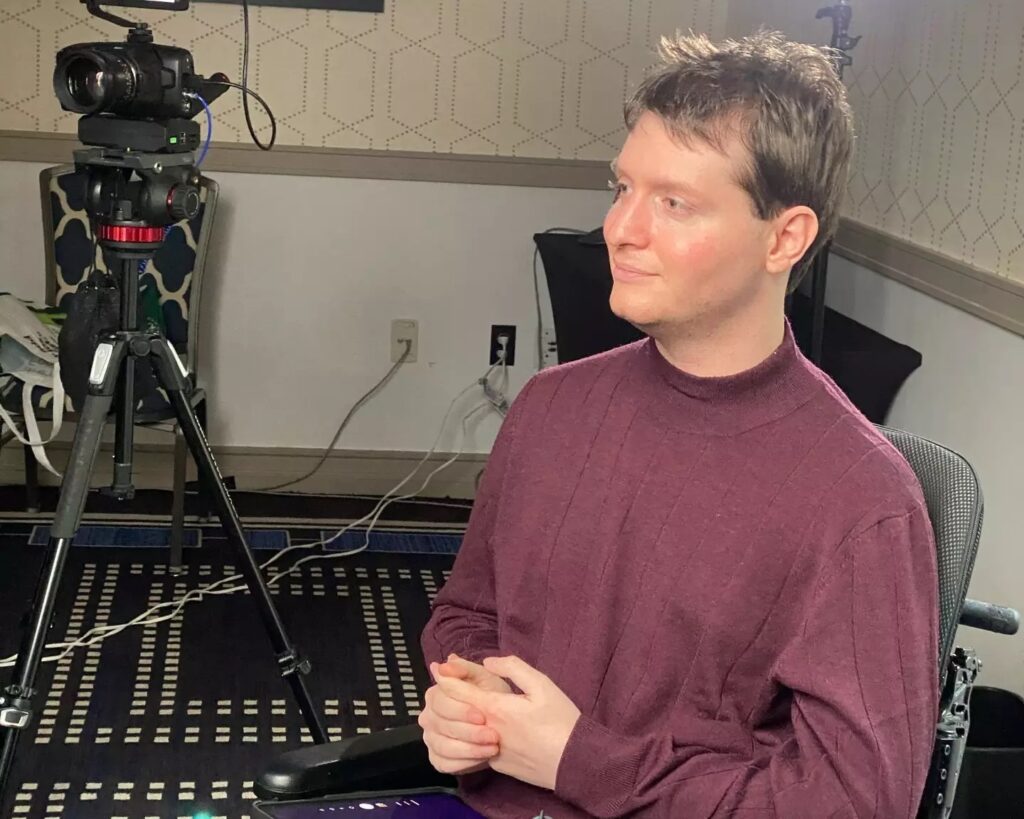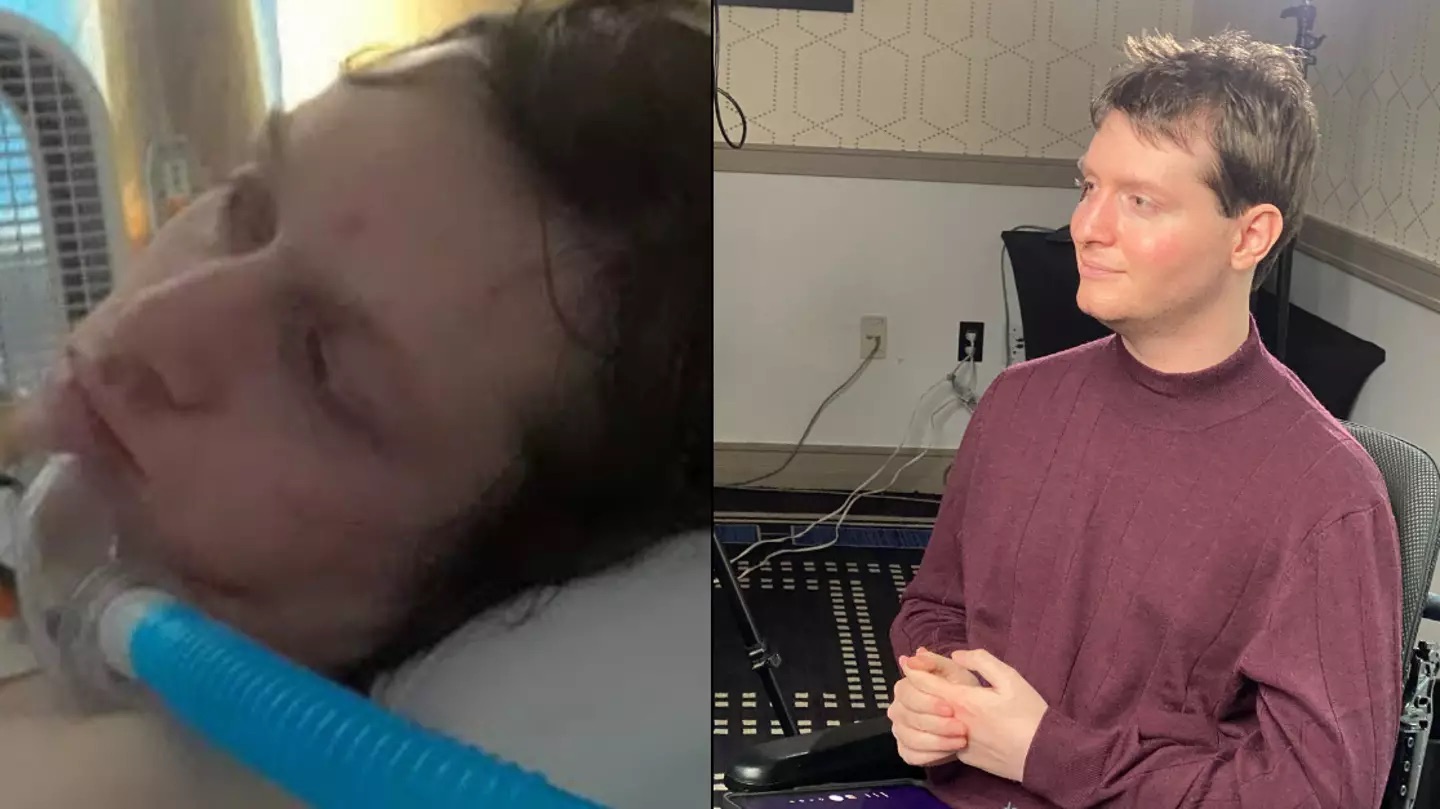A man who miraculously recovered from locked-in syndrome shared his experience of hearing discussions about turning off his life support while he was unable to respond. Jacob Haendel, a 27-year-old from the U.S., was working as a head chef in 2017 when he began noticing alarming symptoms, like balance issues and changes in his voice, prompting him to seek medical help.
At the hospital, he was diagnosed with acute toxic progressive leukoencephalopathy (ATL), a rare and often fatal brain disease that damages white matter in the brain. Although the cause of Jacob’s condition remains unknown, he suspects it might have come from inhaling something while cooking.

As months passed, Jacob’s illness rapidly worsened—he lost his ability to walk and speak. Doctors told him he would likely “enter a coma and pass away” as the disease progressed. Within three months, Jacob found himself entirely paralyzed and unable to communicate, his mind trapped in a non-responsive body.
“I couldn’t signal anyone; even the weight of a sheet hurt,” he explained. “It’s like being imprisoned—your brain is fully alert, but you can’t connect with anyone.”

One of the most painful parts of his experience was being able to hear people around him but unable to let them know he was conscious. Jacob recalled overhearing nurses gossiping, which amused him until one remarked, “Don’t worry about talking in front of him; he’s brain dead.” This left him questioning if he had died or was hallucinating.
“It was surreal and terrifying,” he said, recalling how they discussed taking him off life support. “I was in so much pain by then that I was almost ready to go.”
After 10 months, Jacob regained slight movement in his wrist, beginning a long recovery process of relearning how to move, speak, and walk. “I’m still working on walking with a cane, and my voice hasn’t fully come back,” he said.

His experience led him to co-found Ahoi, a mobile app launched in 2021 to help people with disabilities navigate accessibility challenges in public spaces.
“Everything is different now—my perspective, my emotions,” he reflected. “I appreciate the smallest things, like just being able to hold a glass of water.”
